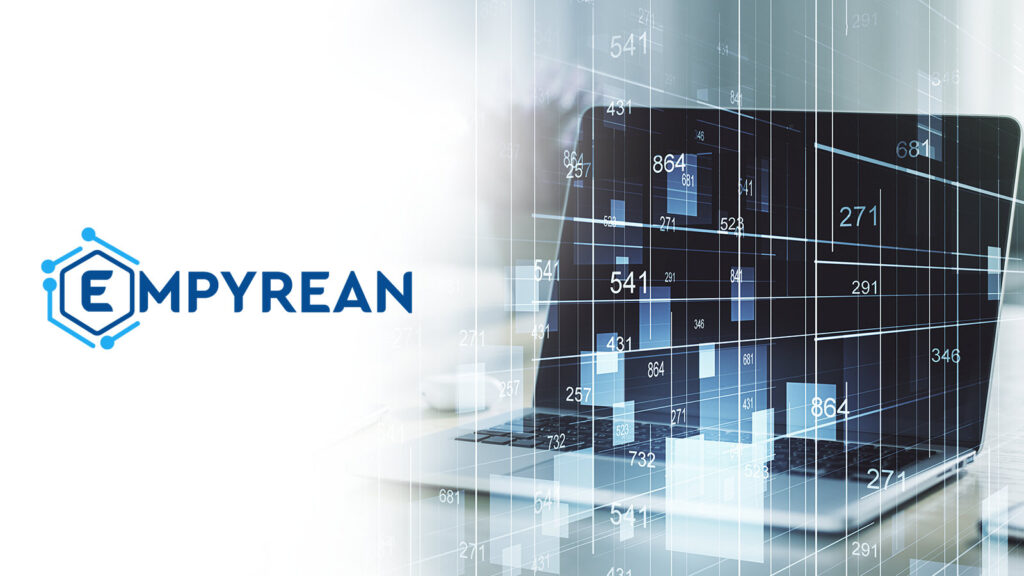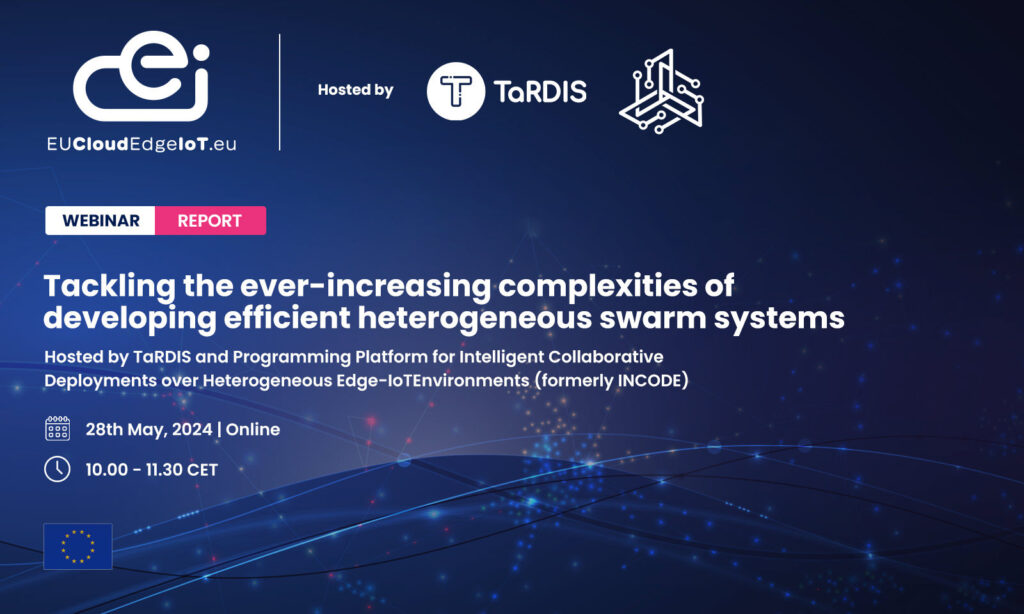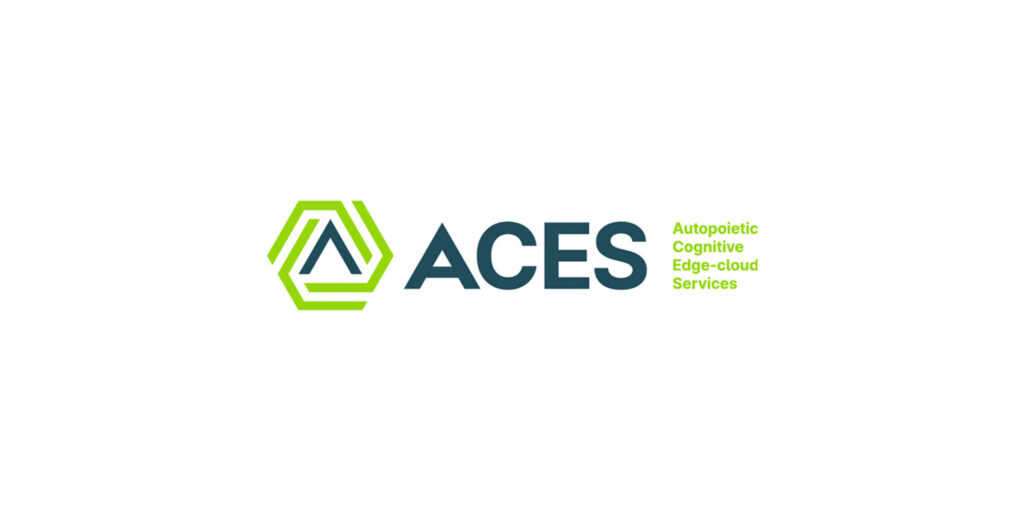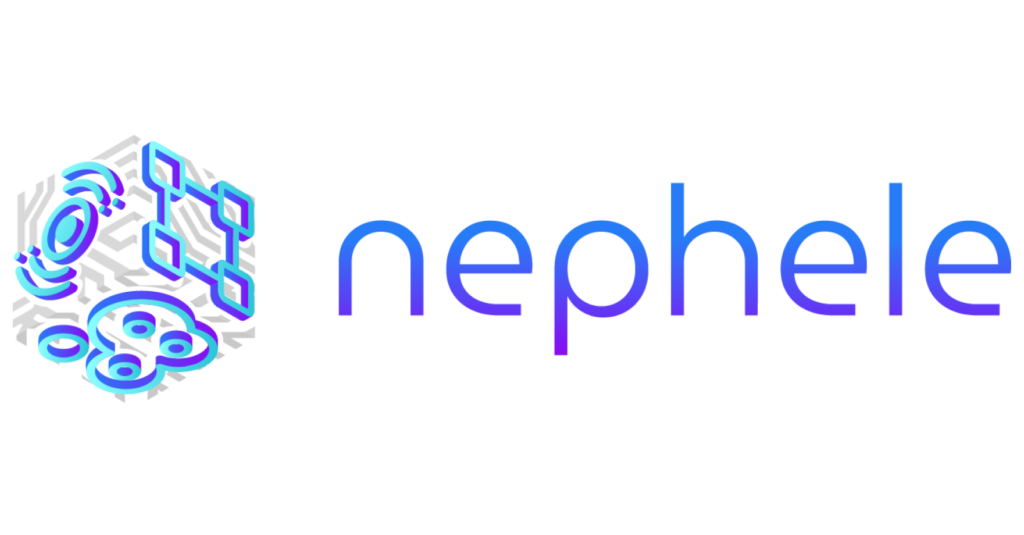Community member project ASSIST-IoT is launching a survey on aadoption barriers of Next Generation IoT Technologies.
The Next Generation Internet of Things (NGIoT) leverages progress in enabling technologies such as 5G, cyber-security, computing continuum, AI, Augmented Reality and tactile internet, with the goal of building a competive ecosystem of European IoT technology while ensuring end-user trust, security and privacy by design.
Task T8.4 of ASSIST-IoT project has developed this questionnaire containing tables and heterogenous fields in order to understand the adoption and implementation barriers of NGIoT solutions (i.e., administrative, political, financial, technological, geographical, cultural related barriers/drivers). T8.4 relies on the exposed information on the developed deliverables of the project (https://assist-iot.eu) and spreads this questionnaire to selected experts and stakeholders with technical background to gain knowledge on such barriers and drivers.
The questionnaire is structured in five parts, starting with a profiling chapter to understand the responder background, followed by some sub-parts corresponding to the features that characterize the adoption barriers. The aims of the survey are:
- To collect experts’ and stakeholders’ opinions on the relevance of each barrier and specific aspect, to feed back the technical and exploitation approaches of the results of ASSIST-IoT.
- To understand the different views of the barriers depending on the respondent profiles.
- If necessary, to map additional barriers which had not been considered. This questionnaire is the first of a series of three surveys that are planned to be exerted by T8.4 of ASSIST-IoT.
This survey is part of the project “Architecture for Scalable, Self-*, human-centric, Intelligent, Secure, and Tactile next generation IoT’ – ‘ASSIST-IoT’”, funded by the European Union’s Horizon 2020 research and innovation programme under grant agreement no. 957258.





